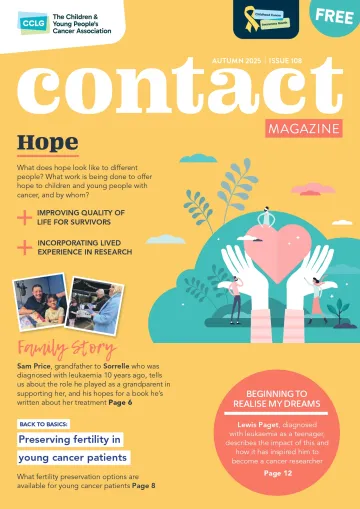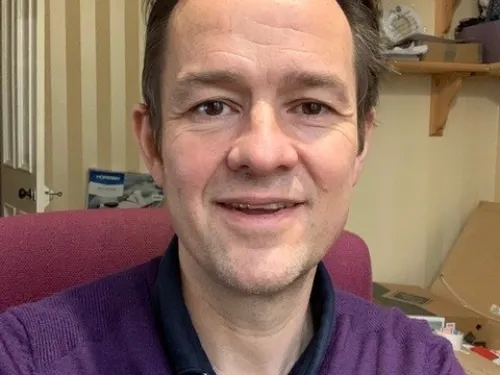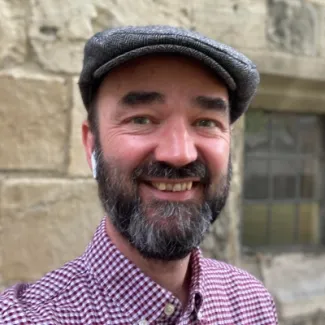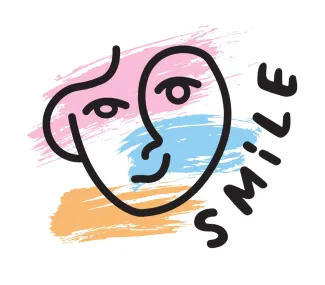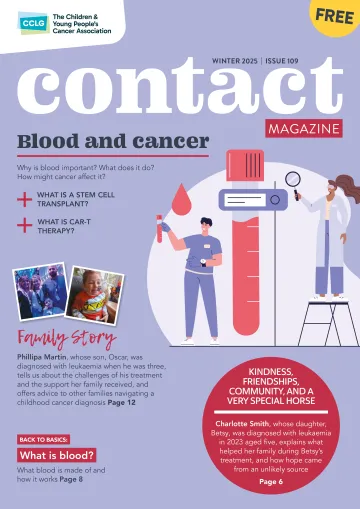What are clinical trials and why are they important?
Clinical trials play a crucial role in improving clinical practice and outcomes for children with cancer. They offer a way to test promising new treatments in patients in a controlled and safe manner. This advances clinical understanding and allows children to benefit from the latest medical advancements, tailored to their unique developmental stages and needs. The University of Birmingham Cancer Research Clinical Trials Unit is a global leader in running clinical trials and is responsible for most academic-led children’s cancer trials in the UK.
How do they work?
To discover and test any new cutting-edge treatments, clinical trials are important to show if they’re effective and whether they cause any side effects. When investigating treatments for children’s cancer, it’s important to note that children aren’t simply ‘small adults’, and their bodies can react differently and require specific research to determine appropriate dosages and treatments. Clinical trials for children’s cancers could be used to test treatments which have previously been found to be effective in adult cancers, or they may be entirely new treatments.
A clinical trial may compare two or more different treatments to see which is more effective or causes less side effects, or it may compare different doses of a treatment to identify the appropriate amount to give while balancing efficacy and side effects. After enough patients have been recruited and treated in the clinical trial, the data will be analysed, and a report will be published showing the results of the trial. The treatment may then be considered if it needs further investigation or it should be recommended as a ‘standard’ treatment in the future.
Who's eligible?
In order to ensure that the results of a trial are reliable, the patients who are recruited are selected according to a list of ‘eligibility criteria’, which may include the type of cancer, previous treatments received, and a check that the patient is well enough to have the treatment. In clinical trials for those types of children’s cancers which are very rare, trials often recruit patients from multiple countries to obtain enough data to effectively assess the treatments.
How does consent work?
The decision to take part in a clinical trial requires discussion between the patient, their carers, and their medical team. The clinical trial may require additional visits to the hospital and the treatments and tests may involve a risk of additional side effects. These are described in a patient information sheet and the patient and their carers can take time to ask questions and consider whether to enrol in the trial. In clinical trials for children, the patients may be too young to be able to make the decision themselves. In this case, age appropriate patient information sheets can be provided, and the patient’s carers must decide on their behalf.
After being informed of the potential benefits and risks of taking part, the patient and their carers must sign to confirm that they understand what the trial involves and that they agree to take part in the clinical trial (‘informed consent’). This is entirely optional, and the patient can decide to come off the clinical trial at any point without explaining why and without their care being affected.
From Contact magazine issue 108 | Autumn 2025


